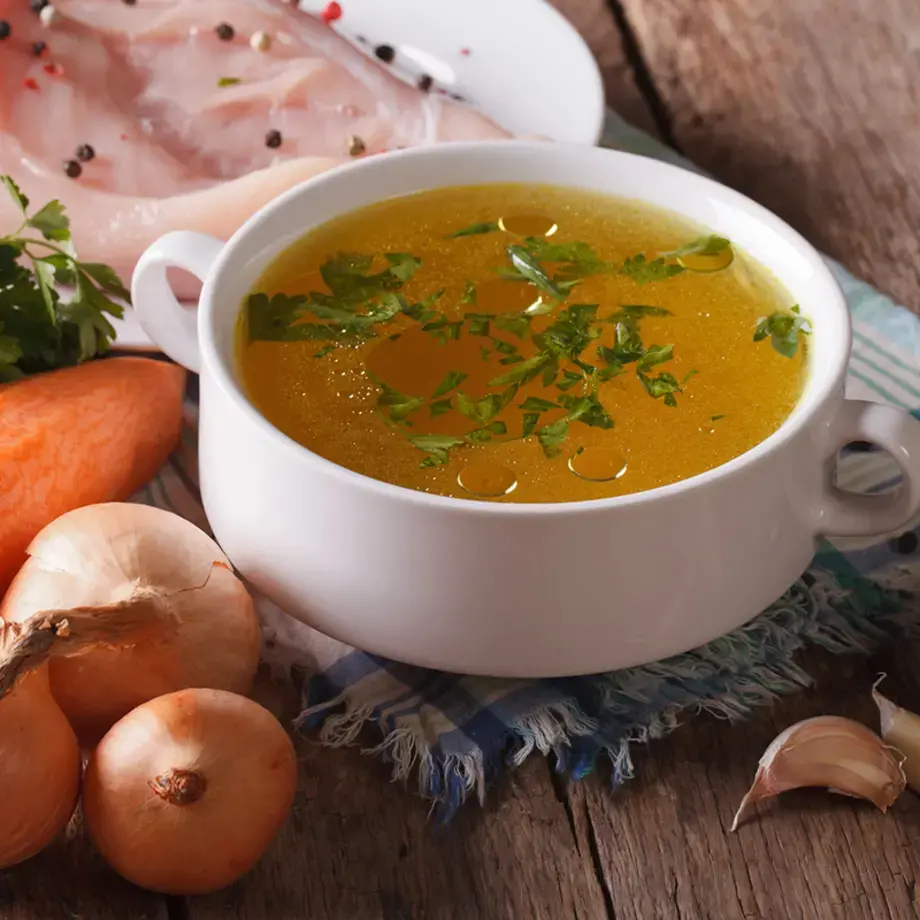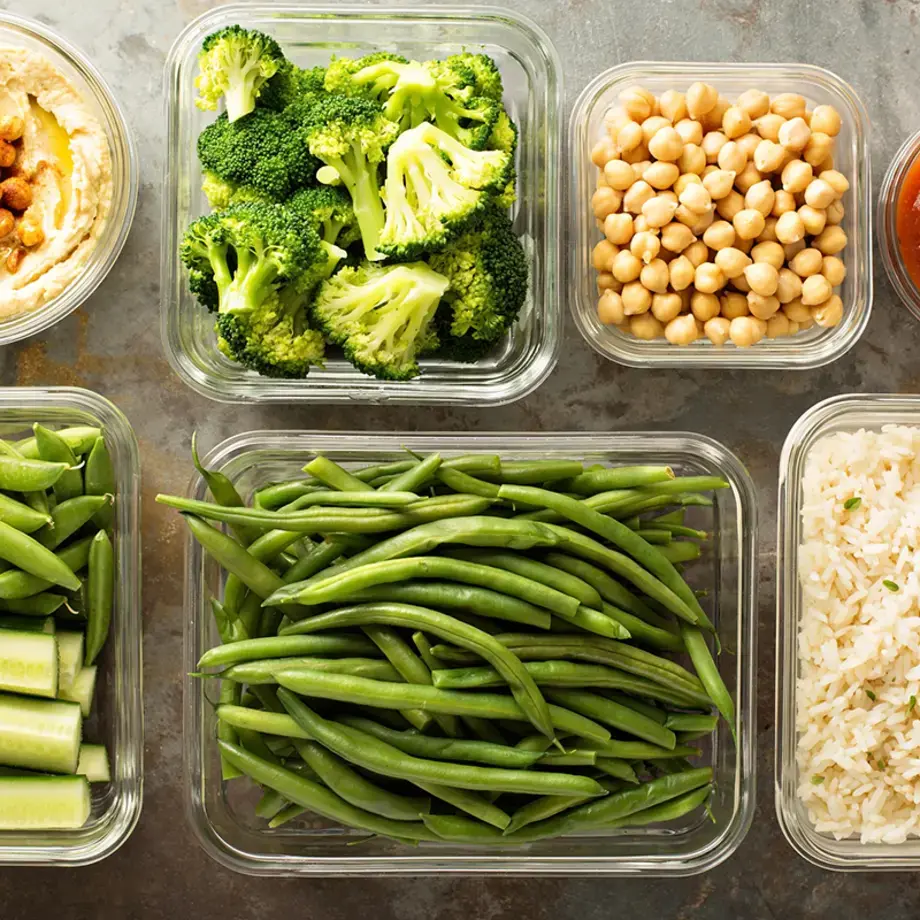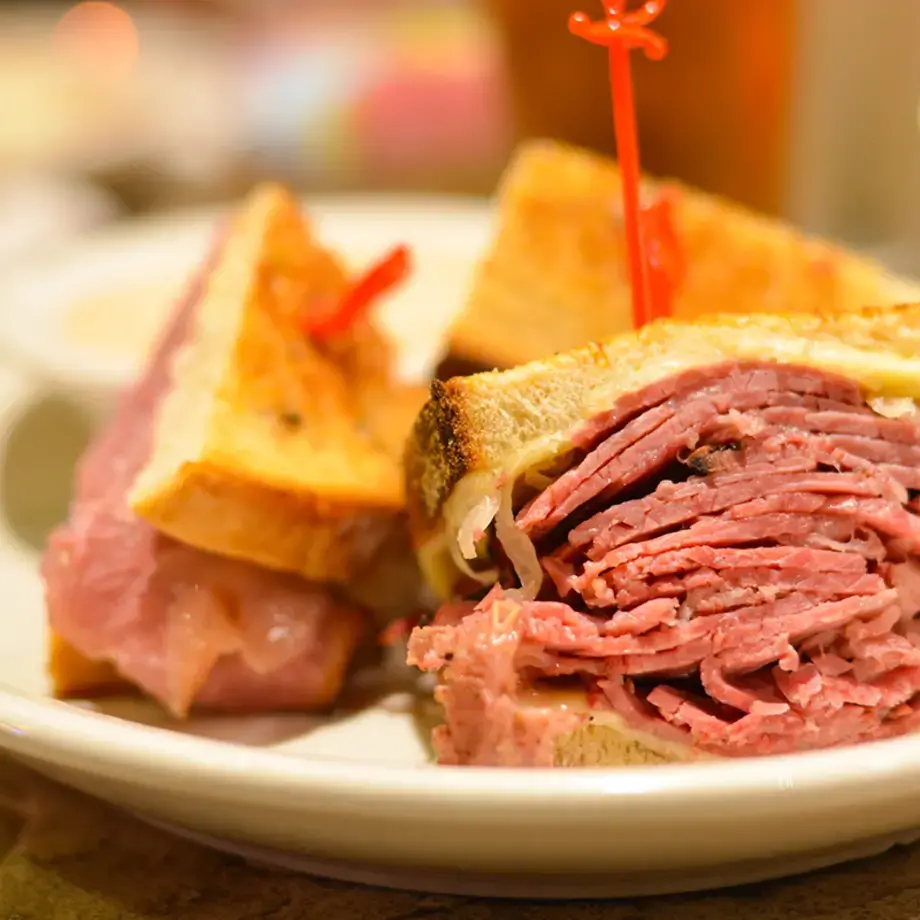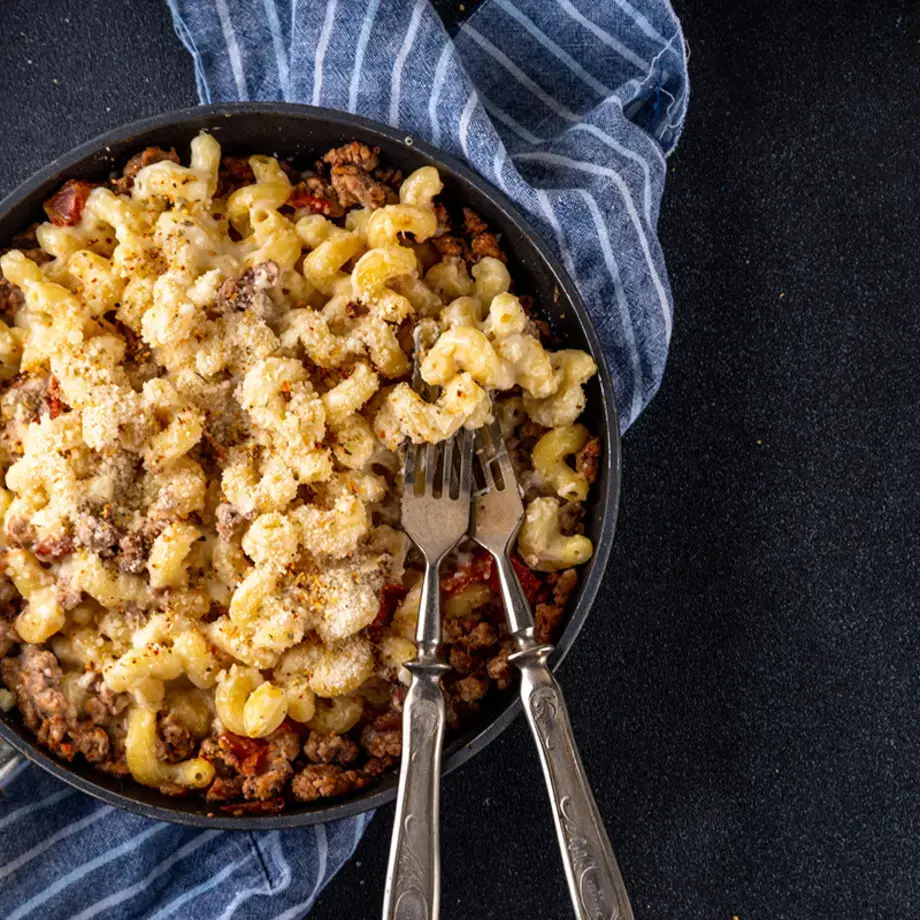
Photo: iStock
Kiwi Berries - Everything You Need to Know

Kiwi berries are a bite-sized variety of kiwi fruit but without the fuzzy exterior. At first glance, they look like a grape. But if you slice open the fruit, it’s immediately obvious why it’s called a kiwi berry. Kiwi berries resemble their bigger brother, the kiwi, but unlike kiwis, they have smooth, green, edible skin that doesn’t require any peeling, so you can just pop them in your mouth as a quick and delicious snack. The flesh has a bright green colour, and it smells wonderfully sweet and fragrant.
Native to northern regions in Asia with cooler climates – like central China, Siberia, Korea, and Japan – kiwi berries have been grown in the United States for over 150 years in colder parts of the country like New England. So how has it remained hidden all this time? It has never been commercialised. But things are about to change.
What do kiwi berries taste like?
The taste is pretty similar to a kiwi, but not exactly the same. Kiwi berries have a bright, sweet and acidic flavour with a sharp aftertaste that is slightly dry in the mouth and makes your lips pucker. Similar to kiwis, the softer they are, the sweeter they taste, so if you like your fruit on the sugary side, make sure your kiwi berries are soft and squishy.
Kiwi berries nutrition facts

Kiwi berries are not only tasty, but they're also packed with nutrients. They are a nutritional powerhouse, rich in vitamin C and naturally low in fat, cholesterol and sodium. They are also high in fibre and a great source of potassium, magnesium, and vitamin E.
What are the benefits of kiwi berries?

Kiwi berries are rich in antioxidants, which help prevent cardiovascular disease and cancer. Antioxidants protect cells from the damage caused by free radicals and oxidation.
Kiwi berries also help to reduce cholesterol levels, keep the heart healthy, and stabilise insulin levels.
Kiwi berries have a higher vitamin C content per gram than kiwi fruit. Vitamin C is essential for good health. Getting plenty of vitamin C in your diet is crucial to maintain healthy skin, bones, and blood vessels. Vitamin C also plays a role in cellular growth and repair, helping wounds to heal faster.
Compared to kiwi fruit, kiwi berries are also higher in fibre. Fibre is essential to a healthy diet because it helps to regulate digestion. Higher levels of dietary fibre are also associated with other significant health benefits such as lower cholesterol, regulated blood sugar, and weight management.
Kiwi berries contain more potassium per gram than kiwi fruit. An essential mineral in the human diet, potassium is involved in many vital processes within the body. Potassium plays a critical role in muscle and nerve signals and has been linked to lower blood pressure and stroke prevention.
Are kiwi berries genetically modified?
The kiwi berry can sometimes be met with suspicion by people who are unfamiliar with it. Due to their small size and striking resemblance to the kiwi fruit, it is often assumed that kiwi berries are genetically modified. However, kiwi berries are purely natural products that haven't been altered. In fact, kiwi berries have been consumed in China and Japan for centuries, long before the technology required for genetically modified food was introduced.
How to eat kiwi berries

As we have seen, this tiny but mighty fruit is small enough to be popped into your mouth as a delightful snack. But it can also be used as a garnish for cocktails, added to a gourmet cheeseboard and mixed into fruit salads as a sweet and juicy addition. They can also be frozen and added to smoothies. Kiwi berries are a good substitute for full-size kiwis in recipes.
How to store kiwi berries
You can store kiwi berries in their original container or in a simple bowl. They can be stored for up to 14 days in the fridge. Place them in the coldest part of your refrigerator to maximise their storage life.
Kiwi berries can also be frozen. Always wash them first and allow them to dry completely. Once dry, place them on a baking sheet lined with parchment paper and pop them in the freezer.






